How to Safeguard Your AC Unit Against Severe Weather Conditions
As the seasons change, so do the potential threats to your AC unit.
From hurricanes to hailstorms, severe weather conditions can wreak havoc on your cooling system if you're not prepared.
We will explore the most common severe weather conditions that can affect AC units and how to safeguard your unit against them.
From power outages to debris damage, we'll also discuss how these weather events can damage your AC unit and what steps you can take to protect it.
Learn how to keep your AC unit and home safe during severe weather conditions.
What Are the Most Common Severe Weather Conditions that Can Affect AC Units?
Severe weather conditions can pose a significant threat to AC units, especially in regions like North Port, Florida, where hurricanes, thunderstorms, tornadoes, and hailstorms are common occurrences.
- During hurricanes, AC units can be at risk from intense winds and flooding, potentially leading to costly damage.
- Thunderstorms often bring power outages and lightning strikes, which can harm AC systems if not protected.
- Tornadoes pose a direct threat, capable of destroying AC units in their path.
- The impact of hailstorms on AC units cannot be overlooked, as the hail can dent or even puncture the external components.
Safeguarding AC units with proper maintenance, secure anchoring, and protective covers is crucial in mitigating these weather-related risks.
Hurricanes
Hurricanes are one of the most destructive weather events that can severely damage AC units, especially in regions like North Port, Florida, where these intense storms bring high winds and heavy rainfall.
The powerful gusts of wind during hurricanes pose a significant threat to AC units by potentially ripping apart external components and causing internal damage. Flooding can submerge AC units, leading to electrical shorts or water intrusion, rendering them inoperable. Debris carried by strong winds can also collide with AC units, denting or puncturing them.
Thunderstorms
Thunderstorms can present dangers to AC units, especially in regions like North Port, Florida, where these severe weather events can bring strong winds, lightning, and heavy rain that may impact the functionality of the cooling system.
During thunderstorms, power outages are common, putting AC units at risk of damage due to voltage fluctuations and sudden shutdowns. Flooding poses a significant threat to outdoor units, potentially causing water damage and corrosion. To safeguard AC units during thunderstorms, it is crucial to implement weatherproofing techniques such as installing surge protectors, elevating the outdoor unit to prevent water accumulation, and securing loose components to minimize the risk of storm-related harm.
Tornadoes
Tornadoes pose a serious threat to AC units in regions like North Port, Florida, where these rotating columns of air can cause extensive wind damage and debris impact, leading to potential HVAC system failures.
The high winds associated with tornadoes can easily dislodge outdoor AC units from their foundations or mounting brackets, causing them to crash or become severely damaged. Flying debris, such as tree branches and roof tiles, can also puncture or crush AC units, rendering them inoperable.
Therefore, homeowners must secure their outdoor units properly to minimize the risk of costly equipment damage during a tornado. Simple measures like anchoring units securely and removing any surrounding debris can go a long way in protecting these essential components.
Hailstorms
Hailstorms can be a significant threat to AC units, particularly in regions like North Port, Florida, where large hailstones can cause extensive damage to outdoor units, compromising the efficiency of the HVAC system.
The impact of hailstones on AC units goes beyond just physical damage; it can also lead to refrigerant leaks and other internal issues. To prevent such costly damages, it is crucial to take proactive measures, such as installing weatherproof covers and ensuring secure fastenings for the units. These protective measures can help safeguard your AC unit from hail-related impacts, preserving its longevity and performance during severe weather conditions.
How Can Severe Weather Conditions Damage AC Units?
Severe weather conditions have the potential to cause significant damage to AC units, including power outages, flooding, and debris damage, compromising the efficiency and functionality of climate control systems.
During power outages, AC units are unable to function efficiently, leading to a disruption in cooling operations during periods of extreme heat. Flooding poses a threat to indoor units, causing water damage and potentially compromising electrical components. Debris such as branches or debris carried by strong winds can result in mechanical failures, blockages in the system, or even physical damage to the external unit. Homeowners need to prepare for these weather-related risks to minimize the impact on their AC units and ensure proper maintenance and timely repairs.
Power Outages
Power outages resulting from severe weather events like hurricanes and severe storms can directly affect AC units, leading to interruptions in the climate control system and potential damage to the HVAC components.
During power outages, AC units deprived of electricity may experience system malfunctions, causing the cooling capabilities to falter, creating discomfort and potentially risking occupants' health.
The inability to regulate indoor temperatures can also result in humidity issues, leading to mold growth and degradation of indoor air quality.
To mitigate these risks, having backup power sources like generators or battery backups becomes crucial to ensure the continuous operation of AC units during emergency situations, safeguarding both comfort and health in homes or commercial spaces.
Flooding
Flooding caused by hurricanes or severe storms can be particularly damaging to AC units, as water infiltration can lead to electrical shorts, corrosion, and extensive water damage affecting the HVAC system's components.
When floodwaters breach an AC unit, the electrical components are especially vulnerable to short circuits and damage, posing a significant risk of electrical hazards. Prolonged exposure to moisture can accelerate corrosion, potentially causing irreversible harm to the unit's vital systems. To safeguard against these risks, it's crucial to elevate outdoor units above potential flood levels or implement flood-proofing measures to minimize the likelihood of flood-induced damage and preserve the functionality of the AC system.
Debris Damage
Debris generated during severe weather events, such as high winds or storms, can cause significant damage to AC units, leading to condenser unit impacts, airflow blockages, and potential system failures.
Securing outdoor AC units is crucial in protecting them from debris-inflicted harm. By shielding the units with fencing or specially designed covers, homeowners can minimize the risk of damage. Insulating the units against debris impact can help maintain the unit's functionality and efficiency. Protective measures such as installing hail guards or wind barriers can further bolster the defense against debris-related issues. Proper maintenance and vigilance in checking for debris buildup are essential steps in ensuring the longevity and optimal performance of your cooling equipment.
How to Prepare Your AC Unit for Severe Weather Conditions?
Preparing your AC unit for severe weather conditions requires a proactive approach that involves regular maintenance checks, weatherproofing techniques, and securing both the outdoor and indoor units to safeguard the HVAC system.
- Routine inspections are key in identifying any potential issues early on, such as debris buildup or worn-out components that can compromise the unit's performance during extreme weather.
- Weatherproofing the unit involves sealing any gaps or cracks to prevent water intrusion and corrosion. Protective measures like installing surge protectors and elevating the unit off the ground can help minimize damage from flooding or high winds.
These steps, when done regularly and diligently, help ensure that your AC unit is well-prepared to withstand severe weather conditions and continue providing efficient cooling when you need it most.
Regular Maintenance Checks
Regular maintenance checks are essential for ensuring the optimal performance and longevity of AC units, particularly before the onset of severe weather conditions that may strain the system.
These routine checks play a vital role in identifying and addressing any potential issues before they escalate into major problems that could result in costly repairs or system breakdowns.
Seasonal maintenance tasks such as cleaning or replacing filters, checking refrigerant levels, inspecting electrical components, and ensuring proper airflow are crucial in keeping your HVAC system running smoothly.
Professional inspections and servicing not only improve energy efficiency but also extend the lifespan of your AC unit, ultimately saving you money in the long run.
Secure the Outdoor Unit
Securing the outdoor unit of the AC system is crucial for protecting it from high winds, storms, and debris impact, requiring secure anchoring, weatherproofing measures, and durable construction to withstand severe weather conditions.
By ensuring the outdoor AC unit is securely anchored to the ground, the system is less susceptible to tipping over during strong gusts of wind.
Enclosing the unit in a weatherproof cover adds an extra layer of protection against rain, snow, and UV rays, extending the lifespan of the equipment.
Protective covers designed specifically for AC units help shield delicate components from debris impact, reducing the risk of malfunctions and costly repairs.
These preventive measures not only safeguard the AC unit but also contribute to its long-term functionality and reliability.
Protect the Indoor Unit
Protecting the indoor unit of the AC system from debris and weather-related damage involves using weatherproof materials, ensuring proper insulation, and implementing protective barriers to maintain the indoor climate control system's efficiency.
When it comes to weatherproof materials, opting for durable covers or enclosures can shield the unit from outdoor elements like rain, snow, and UV rays. Insulation plays a crucial role in preventing temperature loss and condensation buildup, which can compromise the unit's functionality. Protective measures such as grilles or screens can safeguard the unit from debris impact and deter pests from nesting inside the system. By combining these strategies, homeowners can prolong the lifespan of their indoor AC units and ensure uninterrupted cooling performance.
What to Do After a Severe Weather Event?
After a severe weather event, it is crucial to assess the condition of your AC unit, implement preventive measures to avoid equipment damage, have an emergency plan in place, and promptly address any repairs or upgrades to ensure the system's functionality.
One of the key steps post-severe weather is to carefully inspect the exterior of the AC unit for any visible signs of damage, such as bent or clogged fins, debris accumulation, or leaks. It is advisable to turn off the power to the unit before conducting any assessments or maintenance tasks.
Establishing a routine maintenance schedule can help prevent potential issues and prolong the lifespan of your AC system. Promptly addressing any repairs or upgrades can enhance efficiency and prevent more costly problems in the future.
Check for Damage
After a severe weather event, it is essential to thoroughly check the AC unit for any signs of damage, such as debris impact, water infiltration, or electrical issues, to prevent further equipment damage and ensure the system's operational safety.
By carefully examining the exterior of the unit, one can look for dents, dings, or bent fins that could indicate debris impact. Inspecting electrical components like wires, circuit boards, and connections is crucial to detect any visible damage or signs of moisture intrusion that may have occurred during the storm.
Taking the time to address these issues promptly can prevent system malfunctions and potentially costly repairs down the line. It's also advisable to consult a professional HVAC technician for a more thorough inspection and maintenance if needed.
Contact a Professional for Repairs
In case of AC unit damage from severe weather, it is advisable to contact a professional service provider like Roman's Service Cooling & Heating in North Port, Florida, known for reliable service and expert advice on HVAC system repairs and maintenance.
Their team of skilled technicians specializes in diagnosing and fixing various issues that may arise after a storm or extreme weather conditions. By seeking their assistance, you can benefit from their quick response time, precision in repairing crucial components, and overall cost-effective solutions that ensure your cooling system functions optimally. With Roman's Service Cooling & Heating, you can rest assured that your AC unit is in good hands, receiving the necessary care and attention it needs post-severe weather events.
Consider Upgrading to a More Resilient AC Unit
After experiencing damage from severe weather, it might be beneficial to consider upgrading to a more resilient AC unit that offers enhanced protection, longevity, and energy efficiency, ensuring better climate control performance in future extreme weather events.
Upgrading to a durable and energy-efficient AC unit can provide peace of mind knowing that your property is better protected against unpredictable weather conditions. With advanced weather resilience features, such units are designed to withstand harsh elements, improving the overall longevity of the system. This not only ensures a comfortable indoor environment but also reduces the risk of frequent repairs and replacements, saving you both time and money in the long run.
Investing in a cost-effective solution like an upgraded AC unit offers a significant return on investment by enhancing performance while contributing to energy savings.
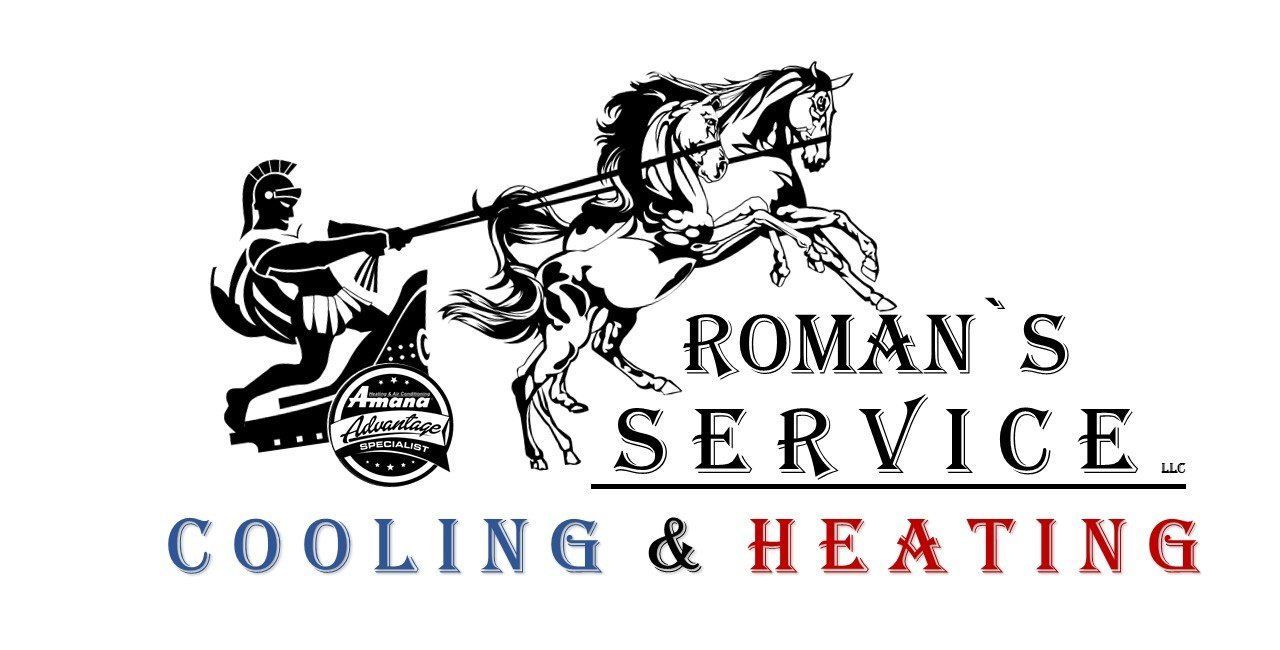
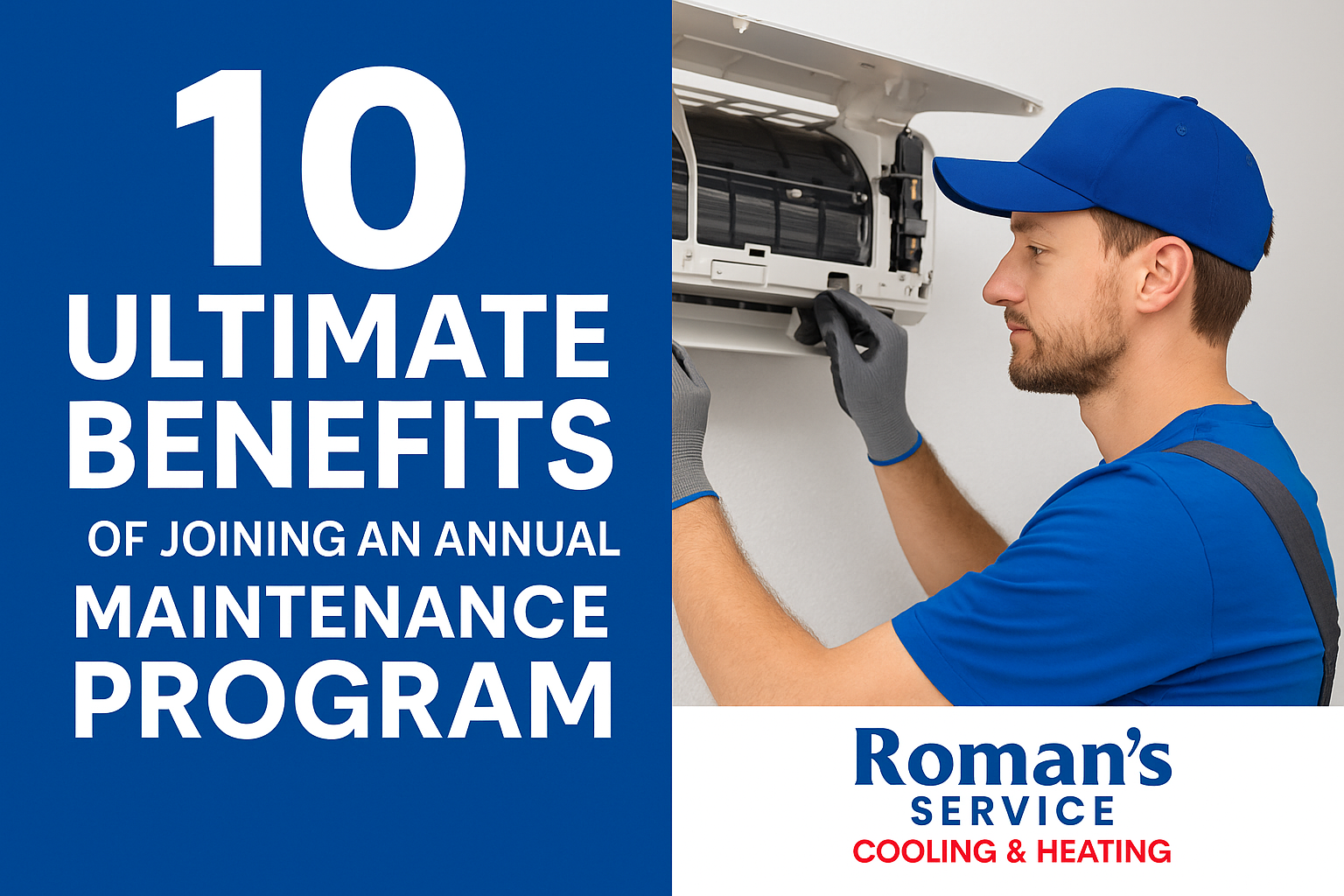
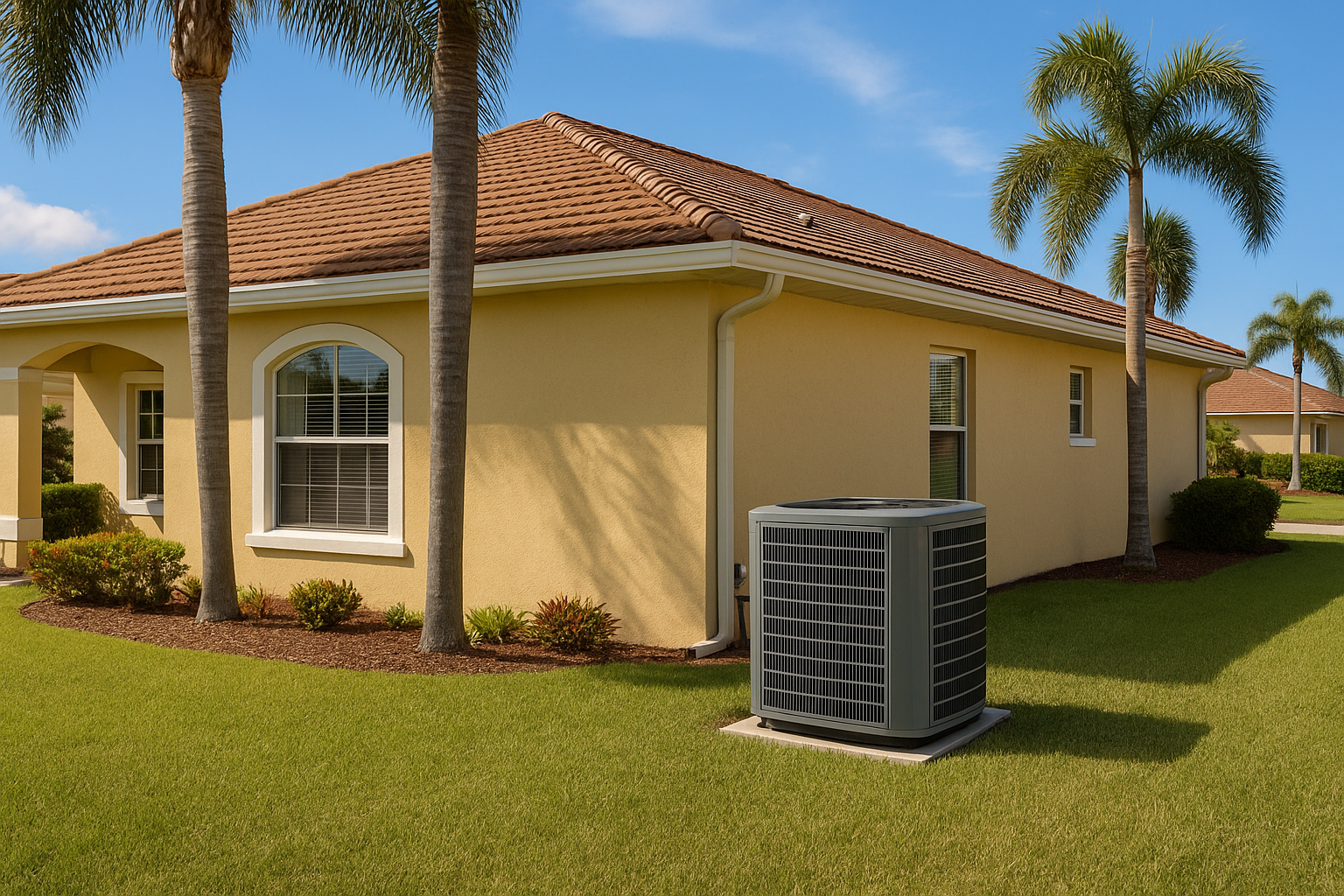
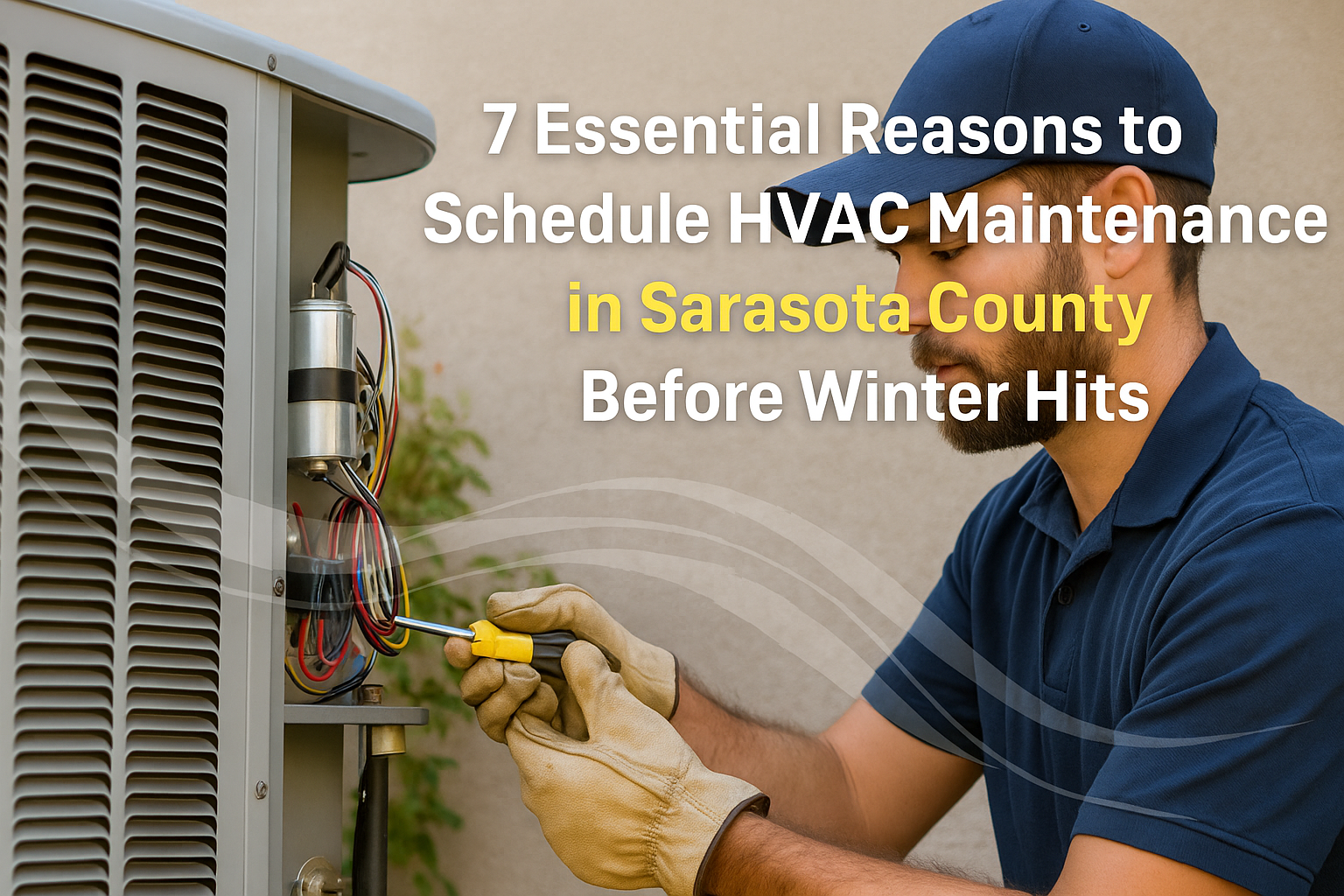

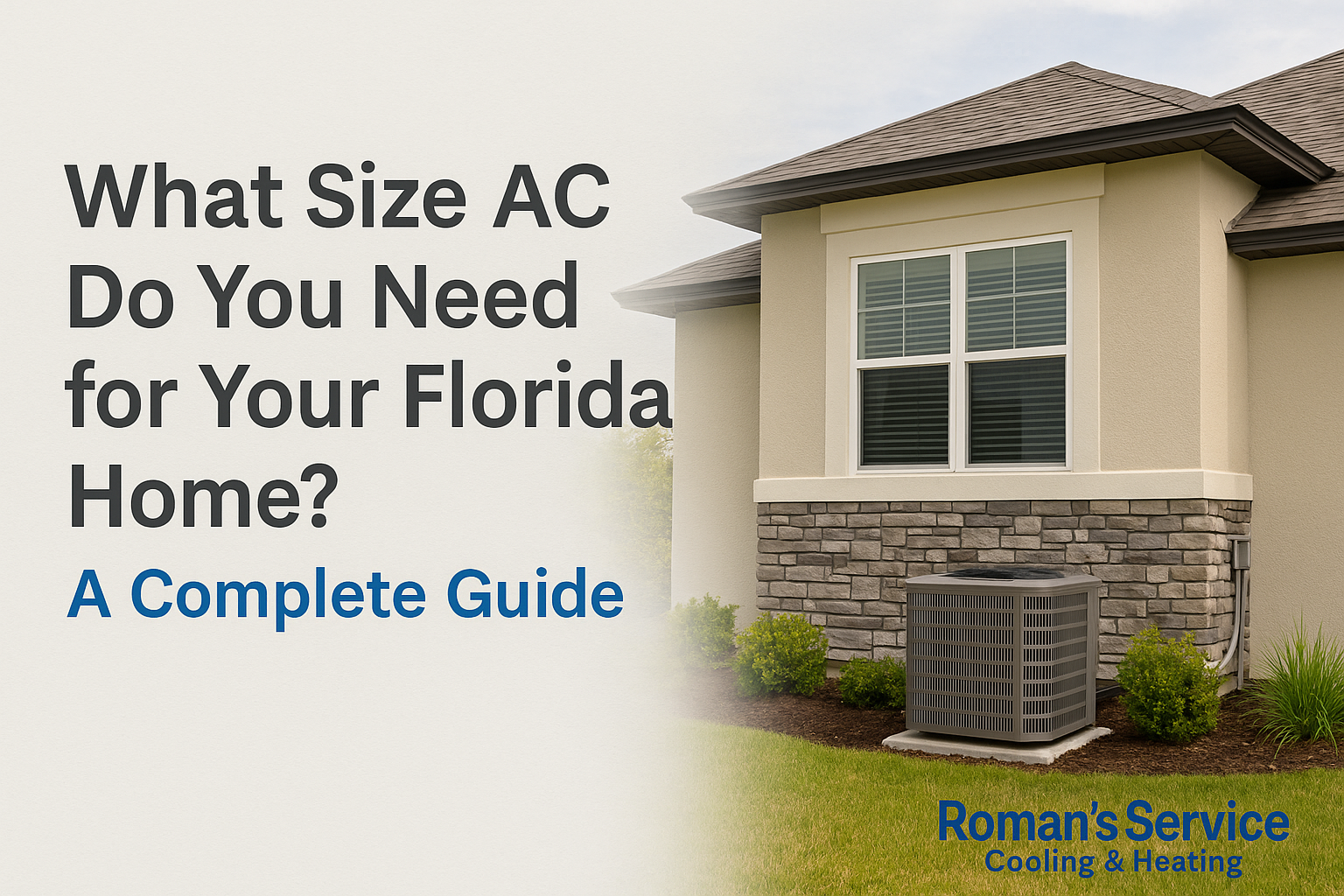
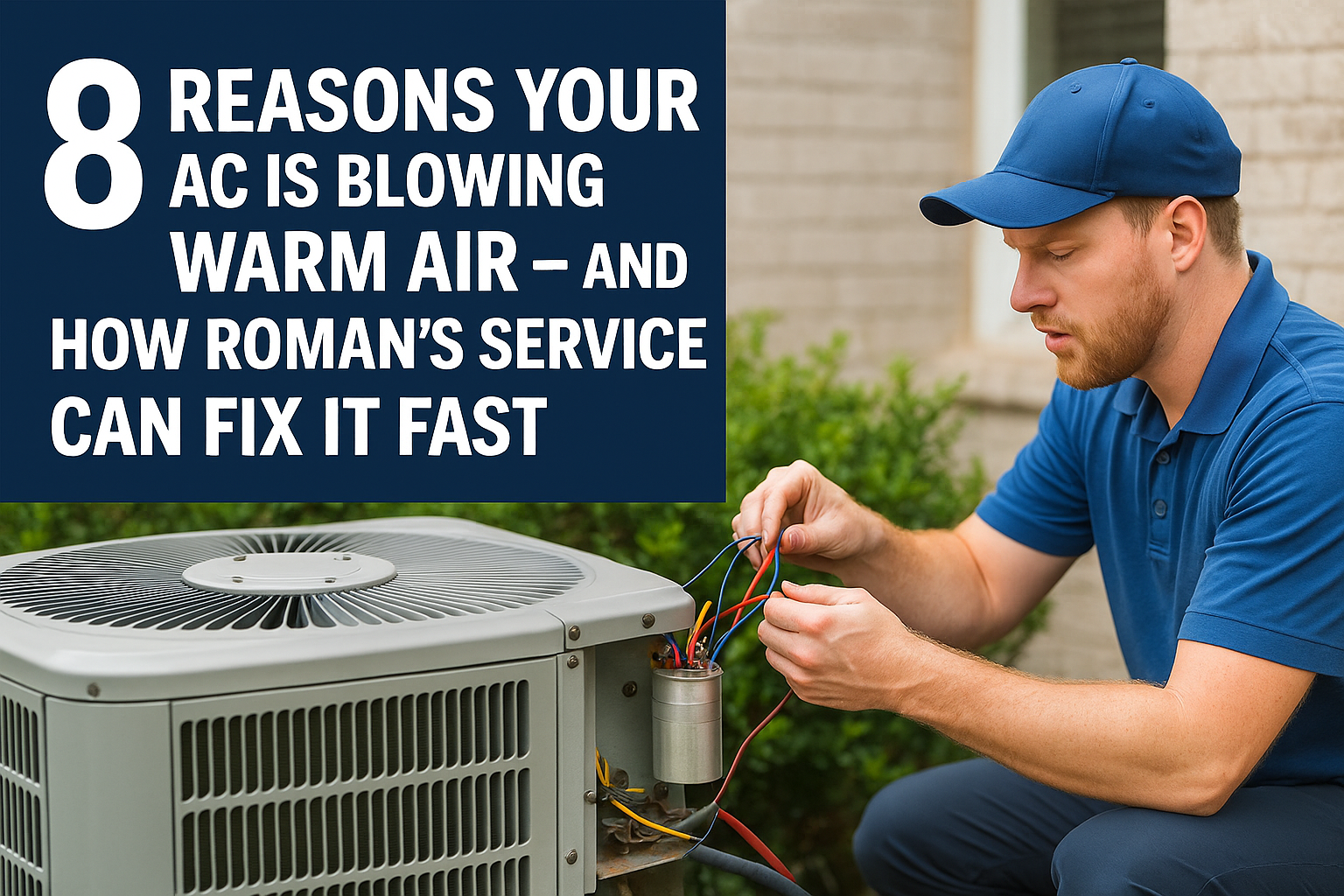
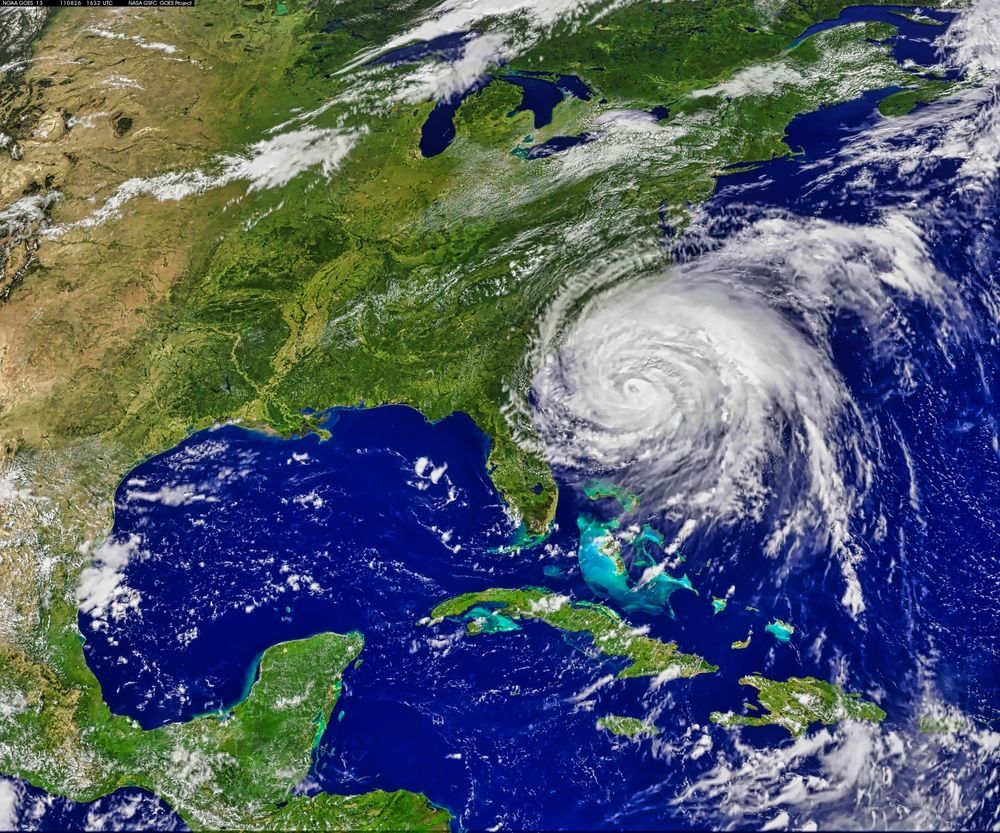
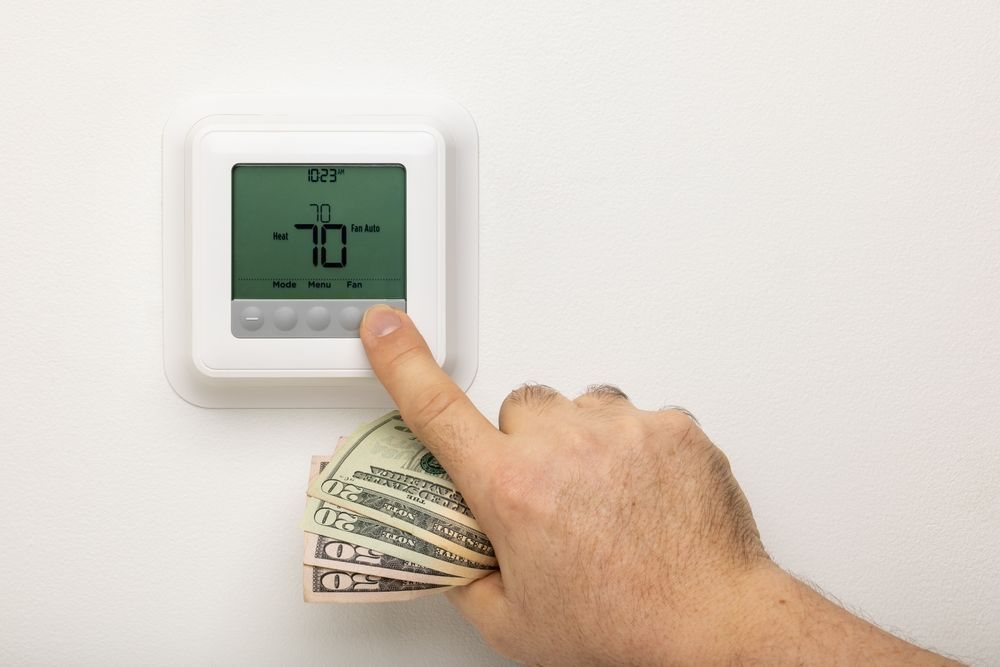
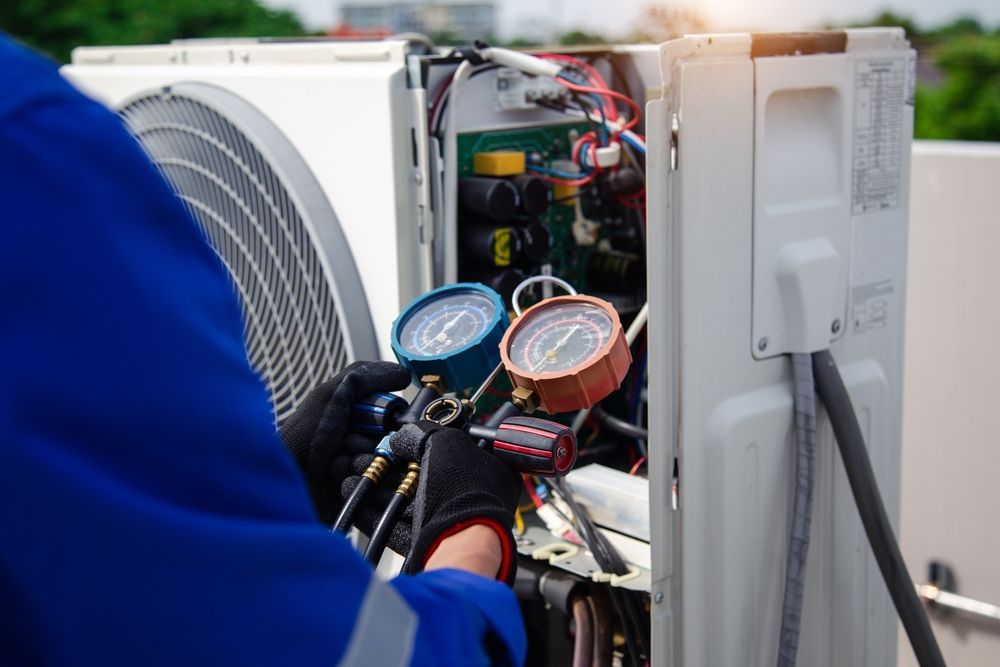
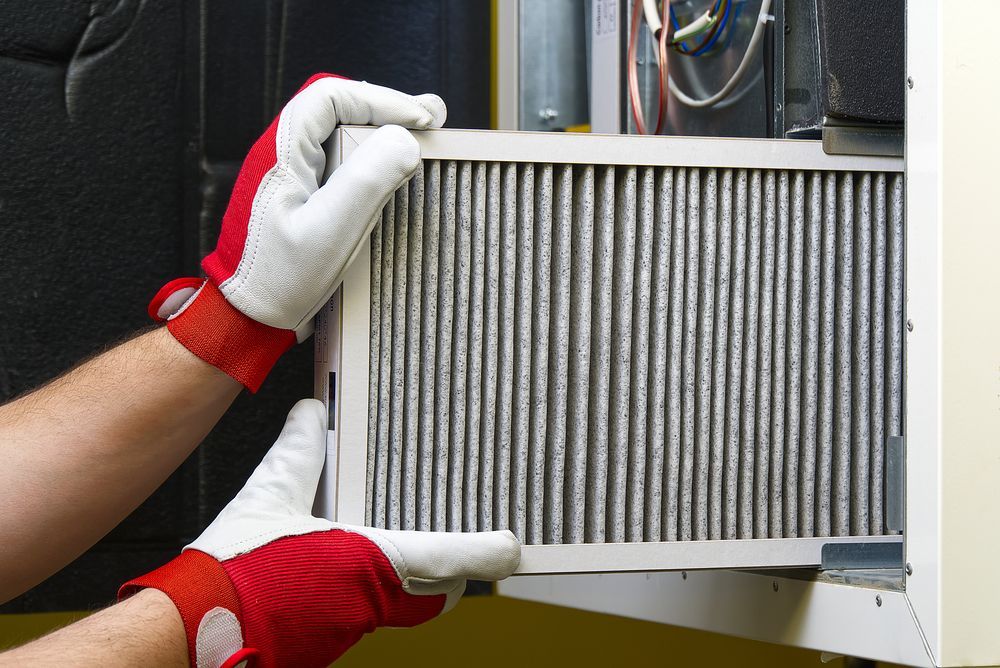
Share On: